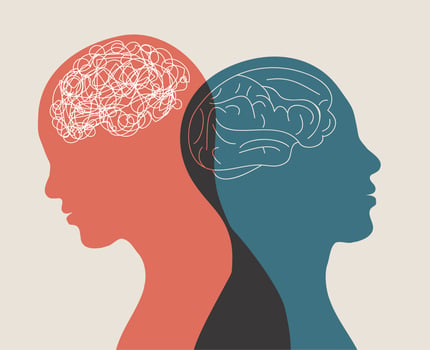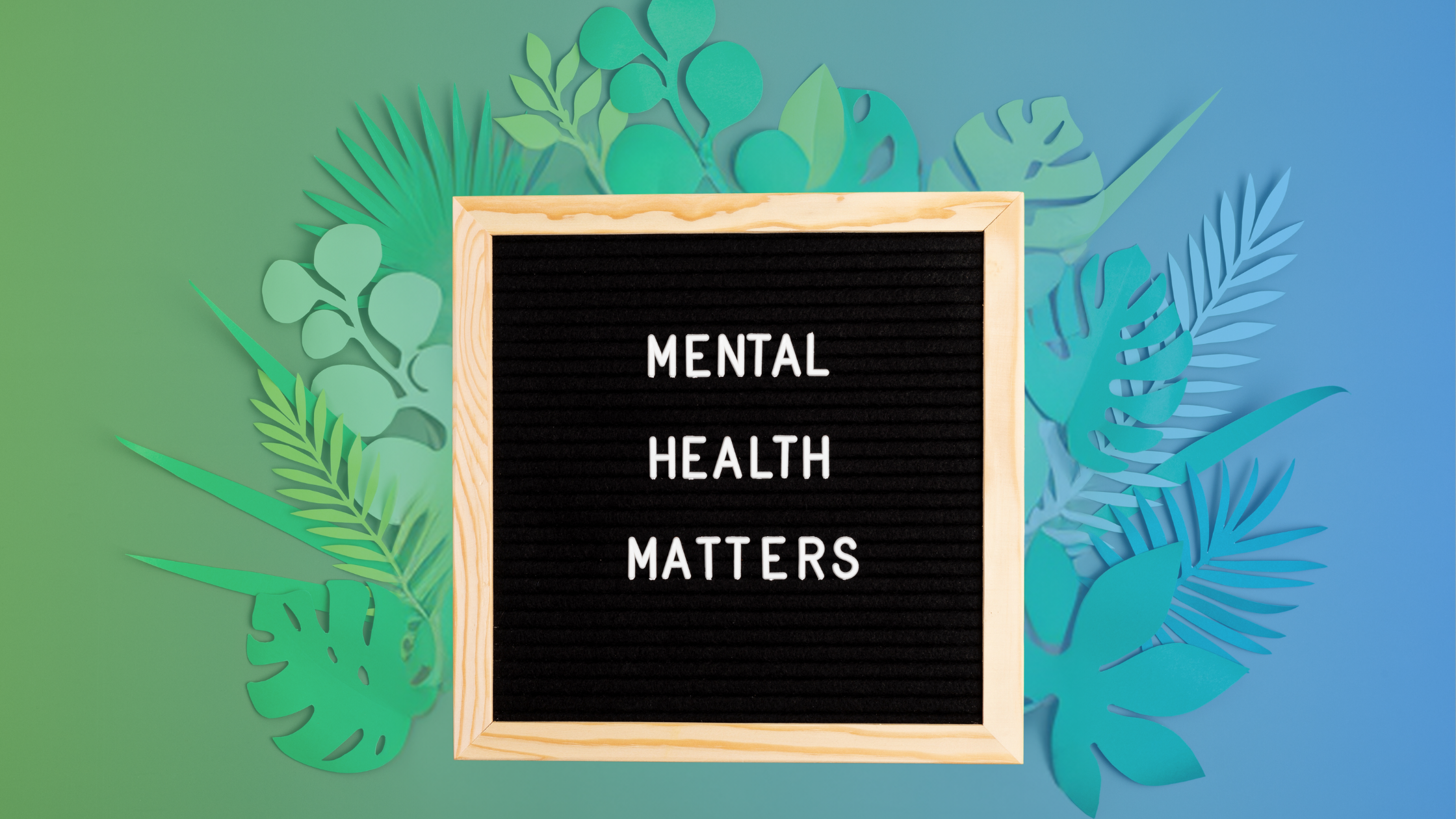Mental health is just as important as physical health, and it can have a significant impact on our ability to work.
Mental Health in the Workplace
When we are mentally healthy, we are better able to focus, learn, and make decisions. We are also more resilient in the face of stress and challenges. Unfortunately, many people do not have access to the mental health support they need. This is especially true in the workplace, where there is often a stigma associated with mental illness. As a result, many people suffer in silence, which can lead to a number of negative consequences. This is why better mental health support in workplace settings is so crucial.
The Risks of Not Supporting the Mental Health of Your Workforce
Mental health problems suffered by workers can have a significant impact on their employers. The World Health Organization The World Health Organization estimates that depression and anxiety cost the global economy $1 trillion each year. This is due to a number of factors, including lost productivity, increased healthcare costs, and decreased employee morale.
On an individual level, the impact of untreated or unsupported mental health in workers can lead to dozens of different consequences, such as increased absenteeism, reduced productivity, and increased turnover. Employees suffering from poor mental health often also demonstrate higher healthcare costs and an increased risk of accidents due to the nature of their illnesses.
What Companies Can Do to Help Their Employees
There are a number of things that businesses can do to support mental health in the workplace. These include the following programs and initiatives.
Providing Employee Assistance Programs (EAPs)
EAPs are confidential counseling services that are available to employees at no cost. They can provide a variety of services, including:
- Individual counseling
- Couples counseling
- Family counseling
- Grief counseling
- Financial counseling
- Legal counseling
- Substance abuse counseling
- Stress management
- Career counseling
EAPs can be a valuable resource for employees who are struggling with mental health problems. They can provide confidential support and guidance, and they can help employees to connect with the resources they need to get the help they need.
Offering Mental Health Training for Managers and Supervisors
Managers and supervisors play a critical role in creating a supportive workplace for employees with mental health problems. They can help to create a culture of openness and acceptance, and they can provide support and guidance to employees who are struggling.
Mental health training can help managers and supervisors to:
- Understand the signs and symptoms of mental health problems
- Recognize the impact of mental health problems on work performance
- Provide support and guidance to employees with mental health problems
- Create a culture of openness and acceptance
Creating a Culture of Openness and Acceptance
One of the most important things that businesses can do to support mental health in the workplace is to create a culture of openness and acceptance. This means creating an environment where employees feel comfortable talking about their mental health, and where they know that they will not be discriminated against or stigmatized. This is why it’s included in many mental health training programs for managers and supervisors, as referenced above.
There are a number of things that businesses can do to create a culture of openness and acceptance, including:
- Communicating the importance of mental health to employees
- Providing training on mental health issues
- Promoting diversity and inclusion
- Eliminating stigma and discrimination

Promoting Healthy Work-Life Balance
Work-life balance is important for everyone, but it is especially important for people with mental health problems. When employees are able to balance their work and personal lives, they are less likely to experience stress and burnout.
There are a number of things that businesses can do to promote healthy work-life balance, including:
- Offering flexible work arrangements
- Providing paid time off
- Encouraging employees to take breaks
- Promoting a healthy work environment
Providing Flexible Work Arrangements
While flexible work arrangements are part of creating a good work-life balance, the importance of flexible working is especially crucial enough to warrant further elaboration. Flexible work arrangements are invaluable because they can help employees to balance their work and personal lives in ways that leave them less stressed and delay or even prevent burnout. They can include things like:
- Telecommuting
- Flextime
- Job sharing
- Part-time work
Flexible work arrangements can be a valuable resource for employees with mental health problems. They can help employees to manage their symptoms, and they can help them to avoid burnout. In turn, this benefits businesses by keeping these employees productive and happy.
Eliminating Stigma and Discrimination
Stigma and discrimination are major barriers to mental health treatment. It is, perhaps, the largest problem many of us face when it comes to seeking help, as societal pressures on all of us constantly reinforce the idea that people with mental illnesses are somehow lesser than those without. When people are afraid of being stigmatized or discriminated against, they are less likely to seek help, leaving their symptoms untreated – which usually results in them worsening over time.
Businesses can help to eliminate stigma and discrimination by:
- Communicating the importance of mental health to employees
- Providing training on mental health issues
- Promoting diversity and inclusion
- Creating a culture of openness and acceptance

The Final Word on Mental Health in the Workplace
Employees aren’t machines – they are thinking, feeling human beings. They have lives outside of work, and those lives can be complex, messy, and often traumatic. A place of work should be somewhere an employee can come and rest assured that they will be kept safe from harm while they perform their job. This includes not just being protected from physical illness and injuries but also mental harm as well. This is why it’s so essential for businesses to take steps to support better health in the workplace through well-thought-out policies and procedures.

